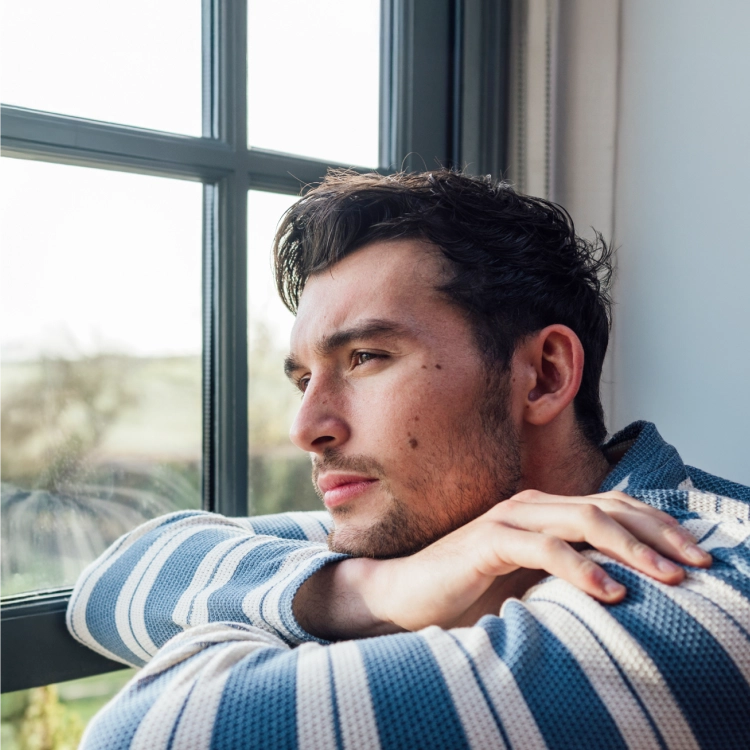Cancer is a complex disease that has many causes and is influenced by many factors (1). Drinking, whether beer, wine or distilled spirits, is one of these. Many cancer risks cannot be changed; they include genetics and family history, your age and your body size, as well as some environmental factors like radiation and viral infections (2).
Lifestyle factors also play an important role and can be modified to reduce risk (2). Smoking is the most significant single lifestyle risk factor for most types of cancer (3). How you drink and how much can also influence your cancer risk (4).
Research studies have shown that heavy or excessive drinking is a risk factor for cancers of the mouth, throat and voice box, or upper digestive cancers (5, 6, 7). This is especially true for people who also smoke or use tobacco products (7, 8, 9). The risk of developing these cancers is the same for men and women and regardless of whether they drink beer, wine, or spirits (4, 7).
- People who drink heavily or excessively are also at increased risk of liver cancer (5, 10). Liver cirrhosis, the result of long-term heavy and excessive drinking, has been implicated in the development of liver cancer. Other independent risk factors include smoking tobacco (11) and obesity (12, 13), as well as hepatitis B infection (10).
- Heavy or excessive drinking also increases the risk of colorectal cancer (4, 5, 14). Some studies have also reported an increase in the risk of colorectal cancer at moderate levels of drinking (15, 16), particularly among men (17).
- Research studies have also found that the risk of breast cancer can increase for women even if they drink moderately (5). Compared with women who don’t drink alcohol, the relative risk of getting breast cancer increases the more a woman drinks. But to determine the actual increase in risk, it’s important to also know what the absolute risk is of developing breast cancer.
- For example, in the UK, 116 out of 1000 women are likely to be diagnosed with breast cancer during their lifetimes. This means that a woman in the UK has an 11.6% risk of being diagnosed with breast cancer.
Source: (5)
Compared with not drinking alcohol at all:
- Drinking up to 12.5 grams of alcohol per day – or the equivalent of one-and-a-quarter standard drinks – increases the relative risk of breast cancer for women by 4%. This means that at this level of drinking, the absolute risk increases from 11.6% to 12.1%.
- Drinking between 12.5 and 50 grams of alcohol per day, or between one-and-a-quarter and five standard drinks, increases the relative risk of breast cancer for women by 23%. Therefore, at this level of drinking, the absolute riskincreases from 11.6% to 14.3%.
- Drinking more than 50 grams of alcohol per day, or more than five standard drinks, increases the relative risk of breast cancer for women by 61%. At this level of drinking, the absolute risk increases from 11.6% to 18.7%.
The relationship between drinking and breast cancer depends on how much a woman drinks, and increases with heavier and more excessive drinking. Breast cancer risk is also influenced by several other factors, including whether she is obese, her reproductive history, whether she smokes and whether there are cases of breast cancer in her immediate family (2, 18, 19).
Risk factors for cancer interact with each other and how this happens is different for every person (1). New approaches to treatment are increasingly using these differences to create individualised regimens that are tailored to each patient (20).
Some lifestyle changes can help you reduce your risk of cancer, including keeping your drinking within recommended government guidelines. For some people, it’s best not to drink at all. However, to address your specific questions and to get the best advice for your circumstances, you should speak to a health professional to help you make an informed decision about your drinking.






